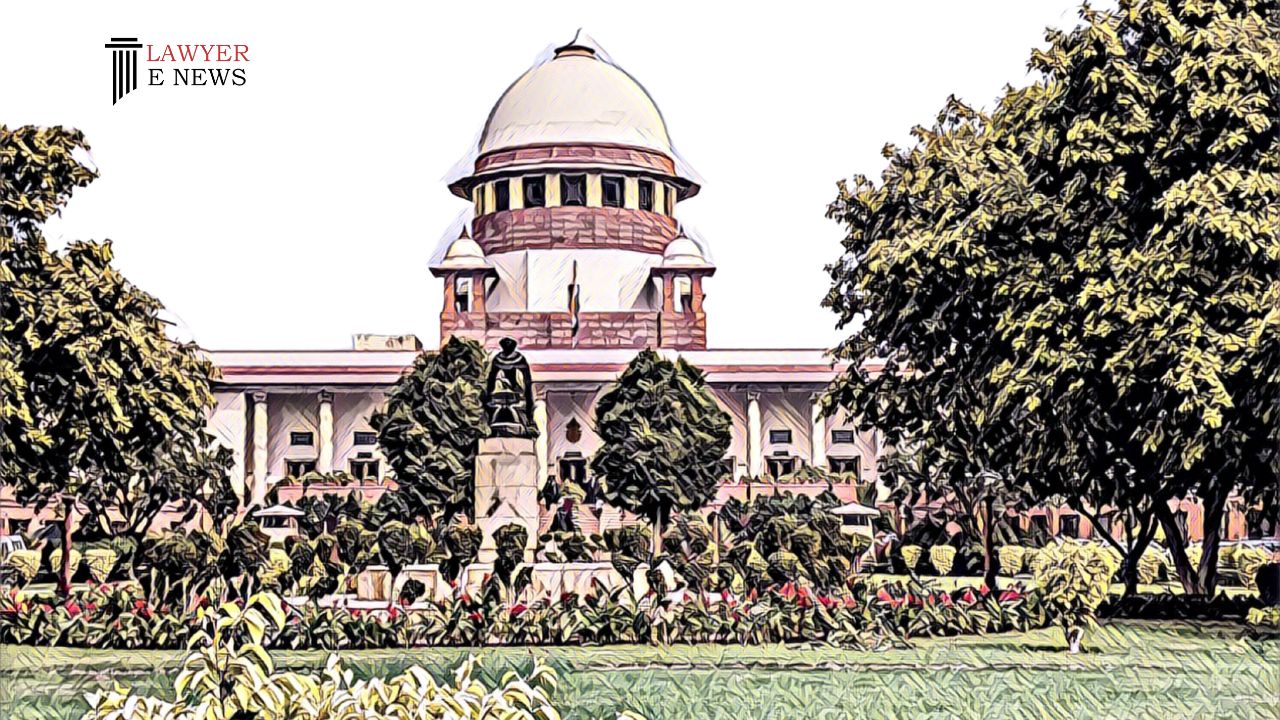-
by sayum
14 February 2026 2:22 PM



The Supreme Court of India, in its judgment dated April 3, 2024, has dismissed an appeal against the High Court’s decision refusing to condone a 12-year delay in an application for the restoration of a dismissed writ petition. The case involved a lease property dispute and highlighted the criticality of adherence to principles of limitation and equity in judicial proceedings.
Facts and Issues: The dispute pertains to a property leased by the respondent to the appellants, where the latter breached the lease terms. A suit for recovery of possession and arrears resulted in a decree favoring the respondent. The appellants’ subsequent appeals were dismissed at various judicial levels. The pivotal issue revolved around the condonation of a significant delay of 12 years and 158 days by the appellants in seeking the restoration of their writ petition, which was dismissed in 2006 for non-prosecution.
Diligence and Bona Fides: The Court observed the appellants’ lack of diligence and bona fides in pursuing the matter. The principles of limitation and equity were deemed against the appellants.
Government Bodies and Delay Condonation: The Court emphasized that government bodies should not expect special treatment in delay condonation and underscored the need for bona fides and diligence in such matters.
Reference to Case Laws: The Court referred to various cases like Oriental Aroma Chemical Industries Limited v. Gujarat Industrial Development Corporation and Postmaster General and others v. Living Media India Limited, underscoring the principles governing the condonation of delays.
Observations on Condonation of Delay: The Court made it clear that lengthy delays need solid justification and that the concept of substantial justice should not override procedural laws.
Decision: The Supreme Court dismissed the appeal, upholding the High Court’s refusal to condone the 12-year delay. It emphasized that the appellants failed to demonstrate the requisite diligence and bona fides necessary for condonation of delay. The Court affirmed that there was no error in the High Court’s judgment under its supervisory jurisdiction. No order as to costs was made.
Date of Decision: April 3, 2024
Union of India & Anr. Vs Jahangir Byramji Jeejeebhoy (D) through his LR
